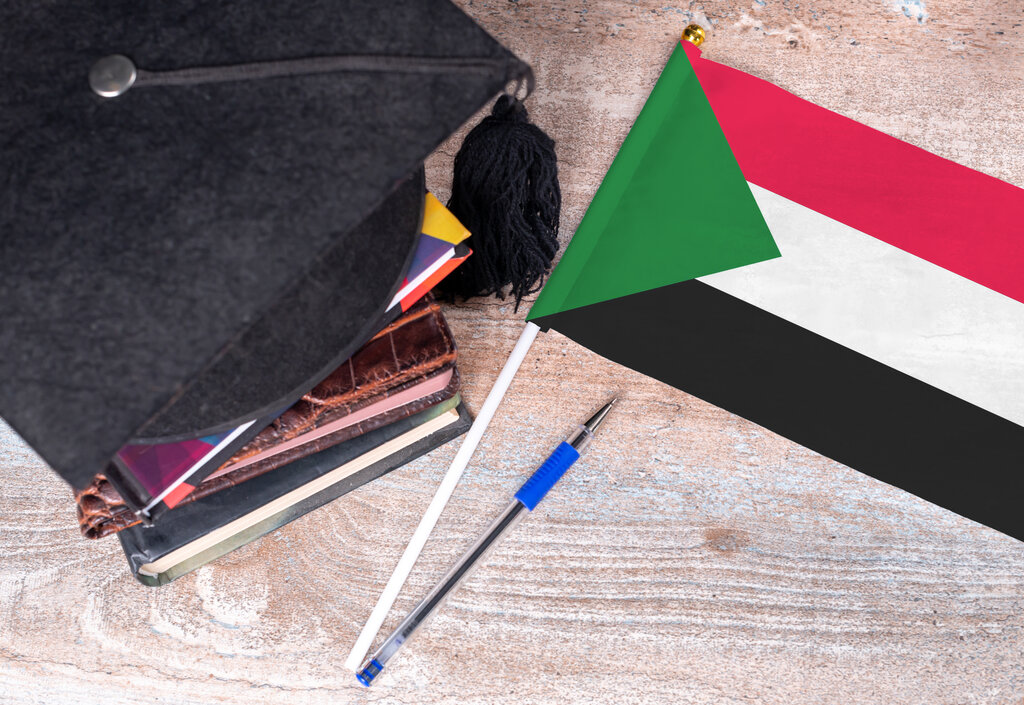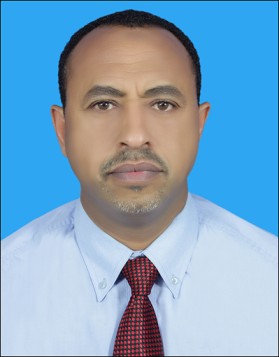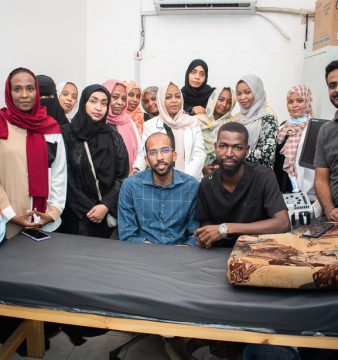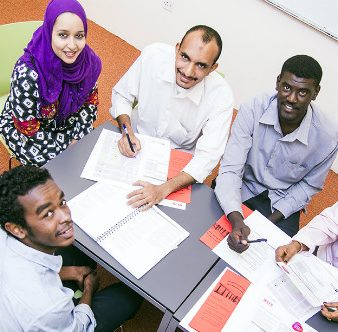How Can Sudanese Overcome Educational Challenges?

Education is a fundamental pillar of human development, playing a crucial role in shaping societies and fostering economic progress. However, in Sudan, this element faces enormous challenges due to the frequent civil wars and armed conflicts, as well as the occasional natural disasters, including heavy rains and floods from the Nile and Gash Rivers.
Frequent civil wars and armed conflicts have a deep and extensive impact on education in Sudan. Studies have consistently shown that these conflicts lead to the destruction of school infrastructure, displacement of students and teachers, and hinderance to access to educational facilities and resources. According to a study published in the “Education Research International” in 2019, wars can result in a delay in learning and negative effect on academic achievements for the students.
According to the UN, with an estimated 19 million children out of school for months because of war, Sudan is on the verge of becoming “the worst education crisis in the world. War in Sudan erupted in 15 April 2023 between the Sudanese Armed Forces (SAF), led by the de facto ruler of Sudan General Abdel Fattah Al Burhan, and the paramilitary Rapid Support Forces (RSF), led by the leader of the RSF, Mohamed Hamdan Dagalo (Hemedti). At least 10,000 people have been killed and more than 7 million have been displaced. At least 3 million people have been internally displaced, and at least 4 million have fled the country to neighbouring countries such as Egypt, Chad, South Sudan and Ethiopia.
Examining experiences from other regions of the world can provide valuable insights into addressing the challenges faced by education in Sudan. For instance, when war and natural disasters occur in the Middle East and North Africa (MENA) region, the United Nations Children’s Fund (UNICEF) implemented successful strategies that include establishing temporary schools, providing specialised training for teachers to navigate difficult circumstances, and ensuring access to supplementary educational resources.
In Sudan, the frequent occurrence of natural disasters, particularly floods from the Nile and Gash Rivers, compounds the challenges facing education. A study published in the “International Journal of Disaster Risk Reduction” in 2020 underscored that such floods can lead to the destruction of schools, making them unsuitable for use. This disturbs the educational process and harmfully affects the academic progress of students.
Some action can be taken and one of the top actions to be taken is providing teacher training programmes. Specialised training for teachers or educators is crucial as they provide and equip them with skills to adapt to challenging conditions. This has been implemented effectively in conflict zones in the MENA region, where teachers are trained to provide psychosocial support to students of special cases.
It is also possible to ensure that essential educational resources are provided such as notebooks, textbooks, stationary and other learning materials, which are readily available everywhere. International organisations such as UNICEF have played a vital role in supplying these resources in various regions. Ensuring that schools have adequate educational materials and resources is a key measure of intervention success.
Another important solution is using technology. Utilising technology for remote learning has become vital in today’s interconnected world. Sudanese people already spend hours on platforms such as Facebook, so utilising these efforts can be a way to increase chances of learning. Technology has been used for remote learning during COVID-19 and successfully bridged the gaps caused by the pandemic. This approach has proven effective in regions where physical access to schools is restricted.
Collaborations with international organisations can strengthen the role of education in Sudan, and cooperation with the global community is essential for mobilising the necessary support and resources to improve education in Sudan. This has been exemplified in initiatives led by UNICEF and UNESCO.
There is a criteria, which is difficult to be tested these day regarding the rise in school enrollment rates, particularly in conflict-affected areas, indicating the improvement to access to education. However, monitoring the number of students who remain in school and successfully complete their education demonstrates the pliability of the education system. In addition to working on improving learning outcomes and evaluating the skills and capabilities of teachers, so that, they can be easily adapted to challenging of environmental difficulties.
The challenges facing education in Sudan due to civil wars and natural disasters are arduous. However, drawing from global case studies, there are proven strategies and interventions that can mitigate the adverse effects of these challenges. By investing in infrastructure, providing tailored training for educators, ensuring resource availability, leveraging technology, and fostering international collaboration, Sudan can work towards a more resilient and inclusive education system. This approach not only empowers current generations, but also lays the foundation for a more prosperous and stable future for the country.
_________________________________________________________________________________________________

Dr Hassan Adrob is a Sudanese based in Oman and works as an English language and Linguistic lecturer and a teacher trainer at Red Sea University and Sohar University. His MA and PhD are in Applied Linguistics. Dr Hassan is a qualified CELTA instructor and has participated in an accredited IELTS Training Programme. He fulfilled the twin duties of lecturer in English and skills leader. Dr Hassan is a regular participant at conferences and has recently published three books with Eliva Press.




